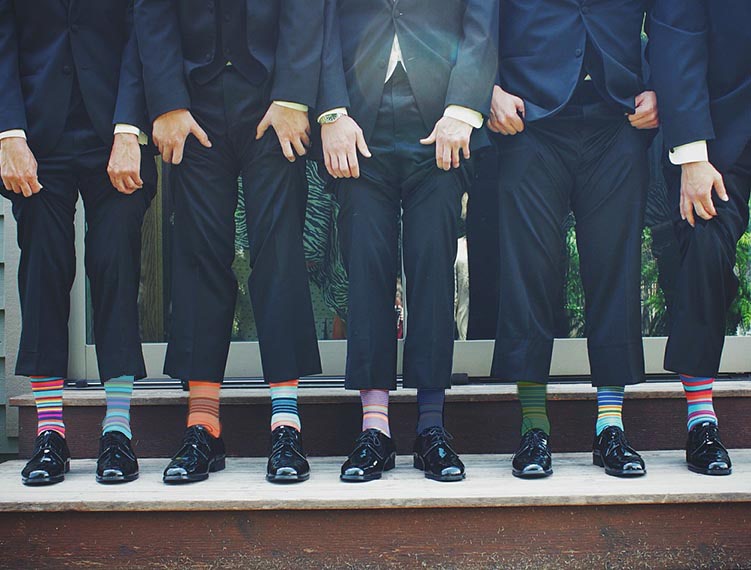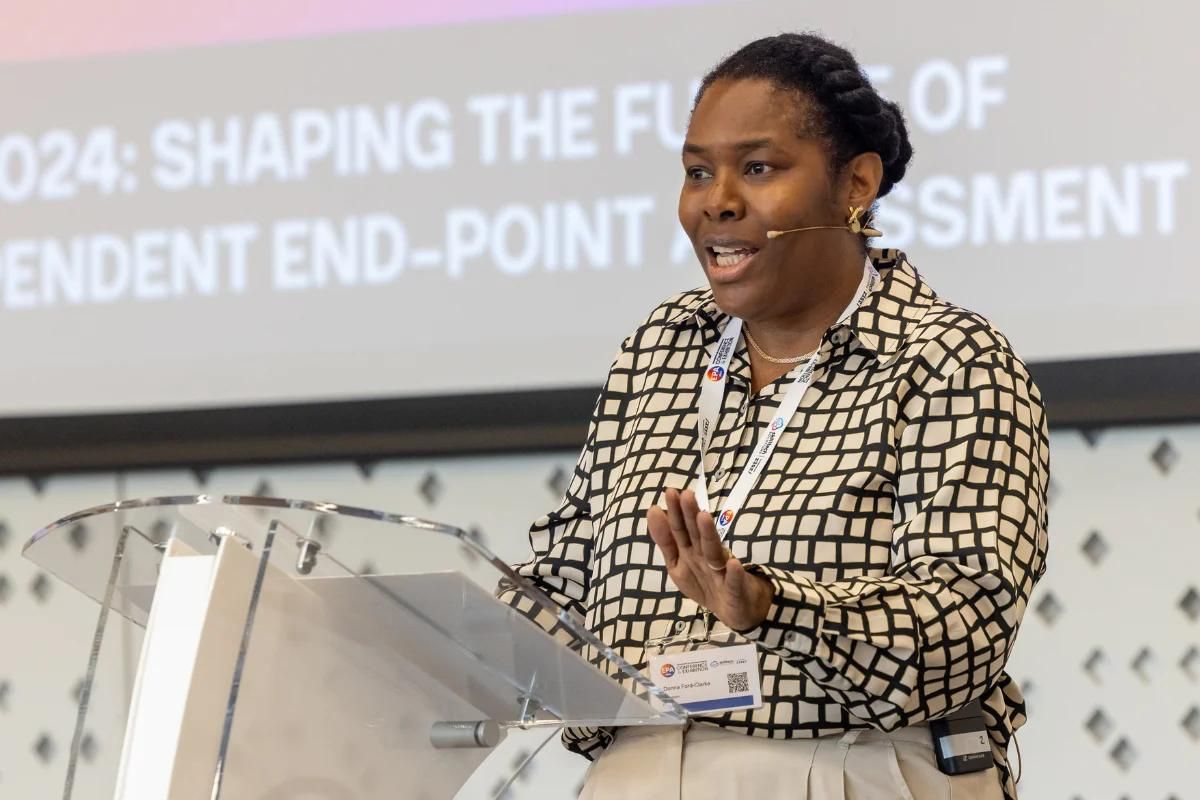Students set out recommended changes needed for #AntiBullyingWeek2019

#ChangeStartsWithUs Children call for change, as poll reveals they avoid school, social media and social life to escape bullying
Children have set out their recommendations for change from tech companies, government, media, parents and schools, as a poll suggests that many of them miss school and avoid spending time with friends to escape bullying.
The survey of over 1,000 11 to 16-year-olds, published by the Anti-Bullying Alliance ahead of Anti-Bullying Week, shows the scale of bullying that children are experiencing on a day-to-day basis, with nearly a quarter (24%) saying they have been bullied once a week or more during the last six months. Nearly one child in every classroom (3%) said they are bullied every day.
One in ten children (11%) said they have missed school due to bullying. Even greater numbers have changed their route to school (14%) and nearly one in five (19%) have steered clear of spending time with friends to avoid being bullied. A similar amount (19%) have avoided social media and online gaming because of bullying, underlining how being bullied as a child can have serious repercussions, often lasting well into adulthood.
While many of the children who had been bullied said it happened in school (83%), other flashpoints included their journey to and from school (26%) and time spent online (30%).
Anti-Bullying Week, supported by O2, is urging everyone to remember that “Change Starts With Us” underlining how everyday acts like listening to young people, having a conversation, thinking about the impact of our words or stopping before hitting ‘like’ on a hurtful social media post, can all help to reduce bullying.
Children highlighted where they thought change should start, with over three quarters (76%) of those polled saying that social media and gaming platforms should do more to change the way they address bullying, and nearly half (48%) saying their schools should do more. More than four in ten (44%) of children said that the media and influencers had the power to reduce bullying.
Three quarters (73%) of children said that adults needed to step up to help tackle the problem, and a quarter (25%) said grown-ups were not good role models for online and face-to-face behaviour. Some children reported having seen grown-ups bullying each other either in the community (10%) or online (9%). Nearly a quarter of children (23%) said their parents had not spoken to them about bullying.
Working with young people, the Anti-Bullying Alliance and O2 have published a report setting out young people’s recommendations about what we can all do to address bullying:
- Schools and education settings must record how much bullying is taking place and understand the ‘hotspots’ where bullying is more likely to happen, such as the journey to and from school.
- Social media and online gaming companies should set children’s default privacy settings to the highest level.
- Media and influencers should use their power responsibly and portray real life rather than an ideal.
- Parents and carers should attempt to understand the technology that children use, and take time to listen to children.
- Government and parliamentarians should act as role models in how they treat each other, and fund more training for schools.
- Children and young people should think about the impact of their words and actions.
Martha Evans, Director of the Anti-Bullying Alliance, part of the National Children’s Bureau, said:
“If one in ten children have reported missing school because of bullying, we clearly have a problem. To turn this around, it’s important to bear in mind that everyone has a part to play in reducing and stemming the impact of bullying.”
“Through the publication of our ‘Change Starts With Us’ report, young people can be a catalyst for a change in the way we address bullying both face to face and online. We must work together to avoid the long-term impact that bullying can have on young people. Of course that means change on a national scale – for example, improving support online or conducting research – but it’s also about the everyday actions that each of us can take to help someone who is suffering because of bullying. That’s the idea behind ‘Change Starts With Us’, and we’re encouraging young and old to get involved.”
Ann Pickering, Chief HR Officer and Chief of Staff, Chair of Responsible Business Taskforce, O2, said:
“We’re very proud to be working with the Anti-Bullying Alliance, and to be adding our voice to the call to stamp out bullying once and for all. The report shows that bullying isn’t an isolated problem. It exists in many forms – in schools, in the community and online – and as a responsible business, we know we need to play our part in tackling it.
“Our own research shows that 63% of parents are worried about bullying via smartphones, and 48% don’t feel supported enough to deal with it. At O2, we continue to work hard to put resources in place to help parents and their children feel more empowered, and to have those open conversations that can help in finding a solution. Working collaboratively is the only way we’re going to tackle bullying, and we’re urging everyone from parents, young people and educators, to government, media, influencers and other tech companies to join the discussion, and make a commitment to change.”
Anti-Bullying Week is expected to be celebrated in over three quarters of schools across England between 11 to 15 November
Forming part of Anti-Bullying Week, CBeebies star Andy Day, along with his band Andy and the Odd Socks, are urging people to support Odd Socks Day on 12th November. Every year, Andy and the Odd Socks record a song and make a video inspired by the theme of Anti-Bullying Week.
This year the song is called ‘Change’ – an infectious, toe-tapping tune that brings the message to life for children. Andy is encouraging children and adults to wear odd socks to school during the campaign to show their support and raise money for a good cause.
Andy Day said:
“This is our third year working with the Anti-Bullying Alliance and each year we are seeing an increase in support for such an important issue. Encouraging acceptance of individuality at an early age can help prevent bullying later in life and raising awareness on this is crucial.
“Highlighting the important issue of bullying in a fun way, Odd Socks Day aims to not only encourage children to be themselves, accepting one another, but also aims to celebrate what makes us all unique.
“This is why we’re calling for all schools to don a pair of odd socks and get involved. We’d love your support!”
About the poll: The poll, conducted by Censuswide on behalf of the Anti-Bullying Alliance, surveyed 1,013 secondary school children aged 11 to 16 in the UK. The survey was conducted between 1st and 7th October 2019. The data referenced in the quote from Ann Pickering comes from a separate YouGov Plc poll of 1,021 GB parents with children aged 18 or under, conducted between 25th and 29th October 2019.
About Anti-Bullying Week 2019: Supported by O2 and co-ordinated every year by the Anti-Bullying Alliance, is urging everyone to remember that ‘Change Starts with Us’. We have worked together with young people to publish a ‘Change Starts With Us Report’ outlining their recommendations for change and what evidence there is for what works to address bullying both face-to-face and online. There are recommendations for young people, schools, government, tech companies, influencers, media and parents and carers – we all have a part to play.
During Anti-Bullying Week we will also announce winners of our awards for school staff who go the extra mile to tackle bullying.
About Odd Socks Day: On 12 November, we celebrate Odd Socks Day for Anti-Bullying Week, supported by SafeToNet. Following on the success of last year’s Odd Socks Day – which reached almost 4 million pupils – Andy Day, one of the UK’s most-loved children’s TV personalities, is once again working with the Anti-Bullying Alliance for Odd Socks Day 2019, together with his fun and fearless children’s band, Andy and the Odd Socks.
Odd Socks Day celebrates what makes us all unique and highlights the issue of bullying in a fun way. You don’t need to spend money on a costume, simply wear your favourite odd socks to symbolize how we are all different and to encourage children to be themselves, accepting of one another and to celebrate difference.
Aimed at primary school children, Andy and the Odd Socks have created a new song and video ‘Change’, the catchy tune set to encompass this year’s theme, ‘Change Starts With Us’.








Responses